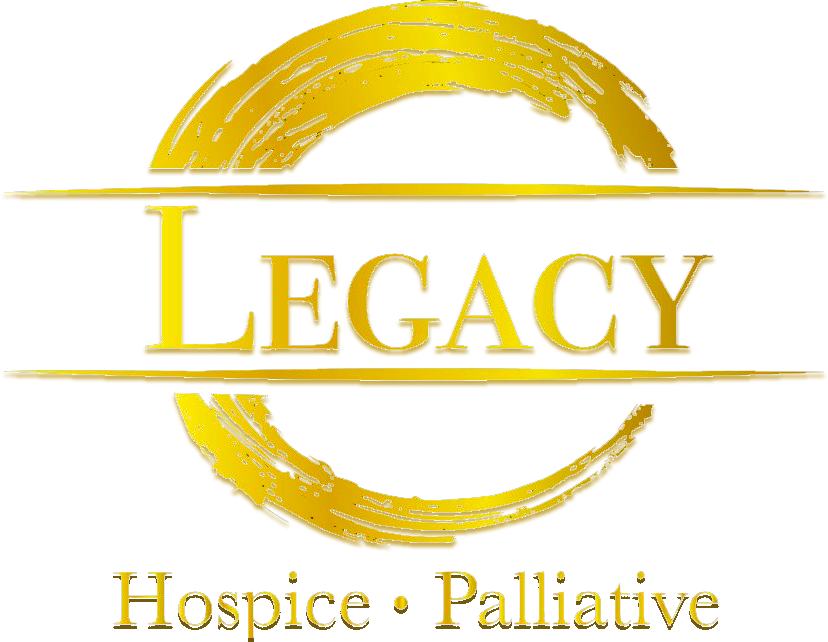Menu



Alzheimer's disease profoundly affects both patients and their families, making it crucial to understand its implications for hospice care. As a progressive neurological disorder, Alzheimer's leads to cognitive decline, impacting memory, thinking, and behavior, which can complicate end-of-life care decisions.
Families facing Alzheimer's often need specialized support in hospice settings. This includes tailored communication strategies and emotional support for both patients and caregivers. Resources such as counseling services and caregiver support groups can significantly enhance the quality of life for those involved in the care process.
Emotional and psychological support is essential for families navigating hospice care. The transition to hospice can evoke a range of feelings, including grief, anxiety, and uncertainty, making it vital to provide resources that address these emotional needs.
Legacy Hospice offers various support services, including grief counseling and family therapy sessions. These services aim to help families process their emotions and foster a supportive environment, ensuring they are not alone during this challenging time.
Understanding the legal and financial aspects of hospice care is crucial for families planning for end-of-life care. This includes knowledge about insurance coverage, eligibility for hospice services, and the potential costs associated with care.
Legacy Hospice provides guidance on navigating these complexities, ensuring families are informed about their options. Resources include information on Medicare and Medicaid coverage, as well as advice on advanced care planning and legal documentation.
Hearing from families who have experienced hospice care can provide valuable insights into the process and its impact. Testimonials serve as powerful narratives that highlight the compassionate support and care provided by Legacy Hospice.
These real-life stories often reflect the positive experiences families have had during challenging times, emphasizing the importance of emotional support, personalized care plans, and the overall quality of life improvements that hospice services can offer.